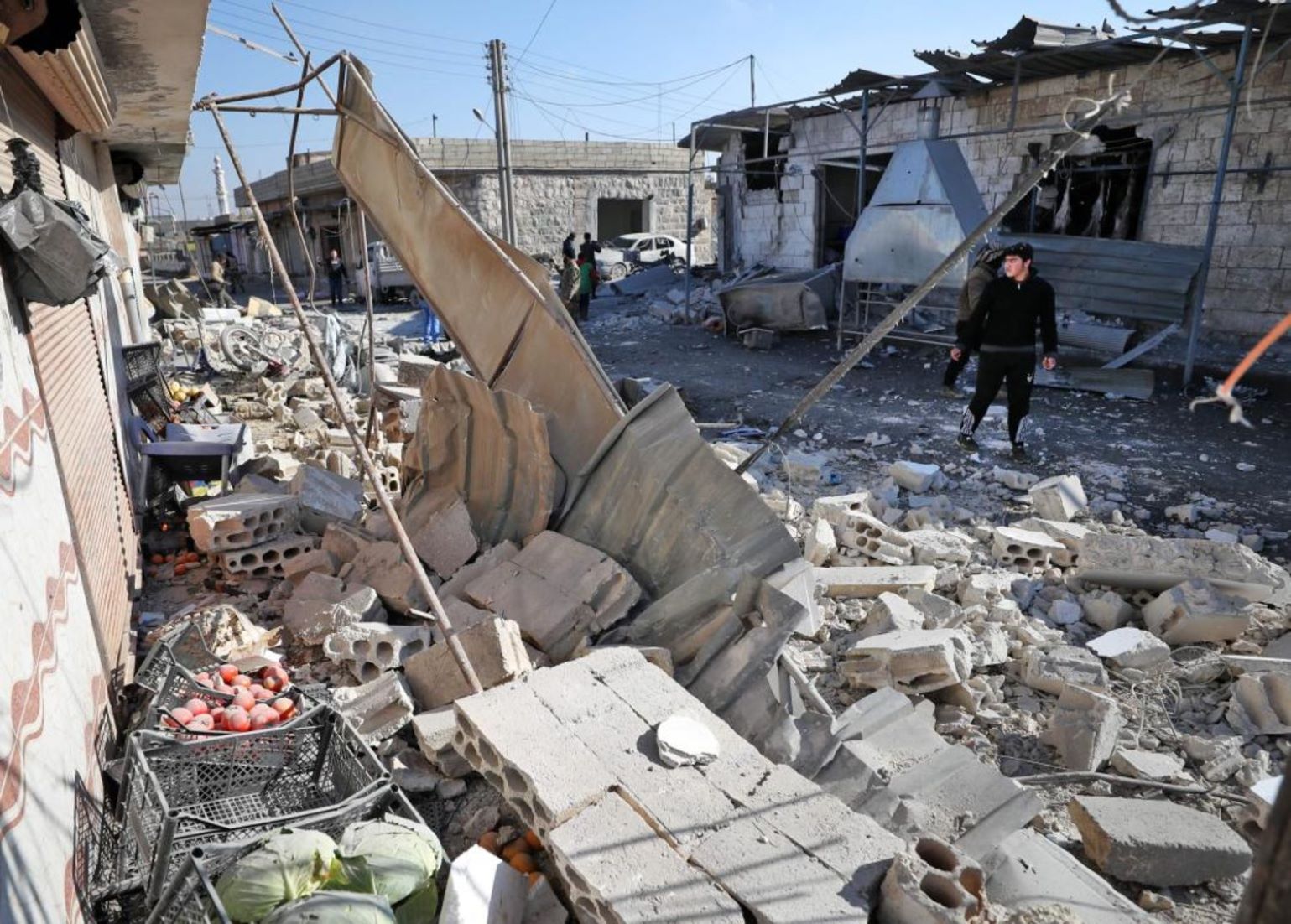UNITED NATIONS, Apr 26 (NNN-XINHUA) – UN Special Envoy for Syria, Geir Pedersen, yesterday, stressed the need for regional de-escalation.
This last month, the grim spectre of regional conflict loomed over Syria once again, he told the Security Council.
Following the Apr 1 strikes on Iranian diplomatic premises in Damascus, Syria, which were widely attributed to Israel, Iran struck Israel two weeks later. Since then, there were reports of further attacks on Apr 19 – also widely attributed to Israel – in Iran, Iraq and Syria, where the Syrian government said an air defence site was hit by an Israeli missile. There were also reports of attacks on U.S. bases in north-east Syria, attributed to Iraqi armed groups some claimed are linked to Iran, he said.
“I remain extremely alarmed at this dangerous and escalatory spiral. I have long warned that Syria is treated by many as a sort of free-for-all space for settling scores,” said Pedersen.
“I am not only worried about these regional spillover effects and the grave dangers of miscalculation and escalation. I am also deeply worried about the conflict in Syria itself, which continues to blight the lives of the long-suffering Syrian people,” he added.
Indeed, any temptation to ignore or merely contain the Syrian conflict itself would be a mistake. This is not a frozen conflict. Nor are its effects felt only in Syria. There are in fact no signs of calm in any of Syria’s theatres – only unresolved conflicts, bubbling violence, and sharp flares of hostilities, any of which could be the kindling for a new conflagration, he warned.
“We need regional de-escalation, starting with an immediate humanitarian cease-fire in Gaza. All players must exercise maximum restraint and respect international law,” he said. “We must work towards a nationwide cease-fire in Syria too, in line with Security Council resolution 2254. All actors must comply with international humanitarian law and protect civilians, including when addressing Security Council-listed terrorist groups.”
De-escalating violence, resuming the Constitutional Committee, and confidence-building measures are all entry points. But they cannot themselves resolve the conflict. A new, comprehensive approach needs to be explored that addresses the full range of issues, he said.
Syrians and the international community at large must be able to see a vision of what a realistic, sustainable and inclusive peace could look like, and a path to achieve it. The depth of the crisis in Syria calls for nothing less, said Pedersen.– NNN-XINHUA





